The Divine Comedy is a narrative poem written by an Italian poet Dante Alighieri. Why did Dante write the Divine comedy.

The Divine Comedy Complete Analysis All About English Literature
Dante like most people of his time believed that some numbers had mystical meanings and associations.

Why did dante write the divine comedy. Fortunately these guys at did. The struggle for power in Florence was a reflection of a crisis that affected all of Italy and in fact most of Europe from the twelfth century to the fourteenth centurythe struggle between church and state for temporal authority. The main idea in Dantes The Divine Comedy is essentially how people learn to attain salvation.
Works of Dante 12651321 whose Divine Comedy depicts the terrifying and attractive visions of Paradise Purgatory and Hell in such a way as to quicken the ultimate powers of the imagination and thereby draw the reader toward the effective images of the mystery of their own salvation. Dantes personal life and the writing of The Comedy were greatly influenced by the politics of late-thirteenth-century Florence. Why was the Divine Comedy written.
Dante and the three realms. Download your order from your personal area on the website. The Divine Comedy ends with Dante gazing upon God but it isnt a work that says abandon the world and repent.
It gives a long narration of how Dantes pilgrim goes through hell in Inferno and gives such a figurative picture of how sinners suffer without any hope of redemption. The Vernacular was used. Mar 25 2021 907.
Dantes Divine Comedy is called a COMEDY because he conformed to two requirements of this structure. He wrote the poem in order to entertain his audience as well as instruct them. Main purpose in writing the poem was to preach the need for polit-.
A Synopsis Braden J. Dante saw this beautiful young woman in church one day in Florence and falls in love. Just as we as selfexaminers might encounter our inner demons so does Dante the writer as he sets out to walk through his Inferno.
Why did Dante write the inferno. What language did Dante write the Divine Comedy in. The adjective Divine was added by a sixteenth-century editor and publisher and has been retained ever since.
Dante explains his universe - in terms physical political and spiritual - in the Divine Comedy. Dantes years of exile were years of difficult peregrinations from one place to anotheras he himself repeatedly says most effectively in Paradiso XVII in Cacciaguidas moving lamentation that bitter is the taste of another mans bread andheavy the way up and down another mans stair Throughout his exile Dante nevertheless was sustained by work on his great poem. A plagiarized paper in return or that your paper will be written by Why Did Dante Write The Divine Comedy a fellow student not by Why Did Dante Write The Divine Comedy a professional writer.
He wanted to provide lessons to readers about living ethically and following Gods law. Examples of essays from our writers You will not believe how difficult it is to find someone with decent English to write my paper for me. He started writing The.
Along with its immense literary value The Divine Comedy would allow Dante to work out his personal salvation while also lighting the way for others to follow. Dante had an instructional purpose for writing The Divine Comedy. He wanted to provide lessons to readers about living ethically and following Gods law.
He wrote the Divine Comedy as we what we could call self-help literature. The Divine Comedy. Why impact of Dante writing the DC in Italian have on literature and education.
But why exactly did La Divina Commedia make such an indelible impression on both literature and theology and why. Wrote it in Italian vernacular so everyone could understand it. The Structure of The Divine Comedy.
Dante is alone in the poem himself. Born in Florence in 1265 the mediaeval poet and philosopher would become known as the Father of the Italian language thanks to his epic work The Divine Comedy. Dante Alighieri is making news around the world 700 years after his death particularly in Italy where is a national icon.
He wrote the poem because he was alone. Why Did Dante Write The Divine Comedy Do All Colleges Require Senior Thesis Hosted Sp Case Study Short Essay On Quality Of Life. December 11 2019.
He designed the structure of his poem using a series of mystical numbers. In addition to personal and practical motivations Dante had an instructional purpose for writing The Divine Comedy. After Dante was banished from Florence he also quarrelled with his fellow-exiles to the extent that he fell out with them stating that he was a party of himself alone.
Indeed when Dante speaks of Italy in the Divine Comedy he speaks of an ideal that would not be realized. His goal was nothing short of showing people how to attain happiness which requires explaining the entire universe its nature and humanitys role in it. He wrote the poem for an audience that included the princely courts he wished to communicate to his contemporaries in the literary world and especially certain poets and other educated listeners of the time.
There was no unified Italy to speak of in the 13 th-14 th century. Ical unity for independent states cities or kingdoms working together. What language did Dante wrote Divine Conedy in.
They never meet but he conducts a courtly love relationship for the rest. The Divine Comedy is an epic poem about people going to Heaven Hell or Purgatory after they die. Dantes Divine Comedy one of the most sublime expressions of world literature of all time narrates in poetic form the journey made by the man Dante to the kingdoms of the afterlife in order to save his soul.
He was a philosopher and theologist involved with religion and political issues in medieval Florence his hometown. Under the only umbrella large enough to cover them the empire which. The Divine Comedy is an epic poem about people going to Heaven Hell or Purgatory after they die.
Can only function properly in conjunction with an apolitical church puri-. Aided in traversing Hell and Purgatory by his guide Virgil who represents reason and Beatrice the symbol of faith Dante undertakes this journey after getting lost in the woods of sin. It has a happy ending.
He also gives his readers. Krien University Honors Program University of Wisconsin-Eau Claire The Divine Comedy is an epic poem by the Dante Alighieri in which the character Dante must travel through Hell and Purgatory with the aid of Virgil before he. This throughout works of literature is the basic definition of a COMEDY.
He wanted for people to think about how they lived and show them how they should leavewhat path they should take knowing eternity exisits. Hell Purgatory Paradise by Domenico di Michelino 1465 Wikimedia Commons Dante lived in a time of great and tumultuous change in his native Florence and in the Italian peninsula as a whole.
Dante S Divine Comedy Hell Purgatory Paradise By Dante Alighieri Gustave Dore Hardcover Barnes Noble

Dante Legacy And Influence Britannica
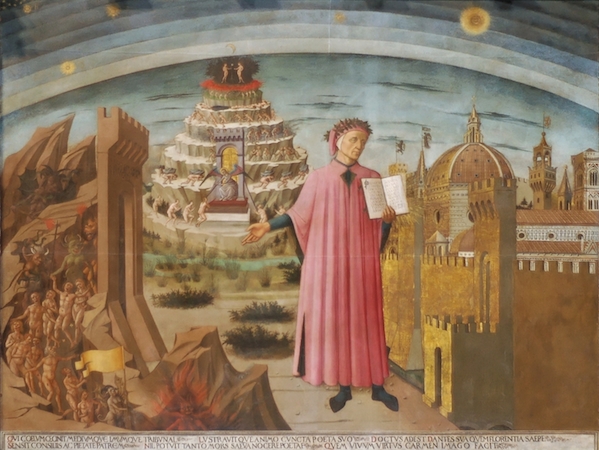
Dante S Divine Comedy In Late Medieval And Early Renaissance Art Article Khan Academy
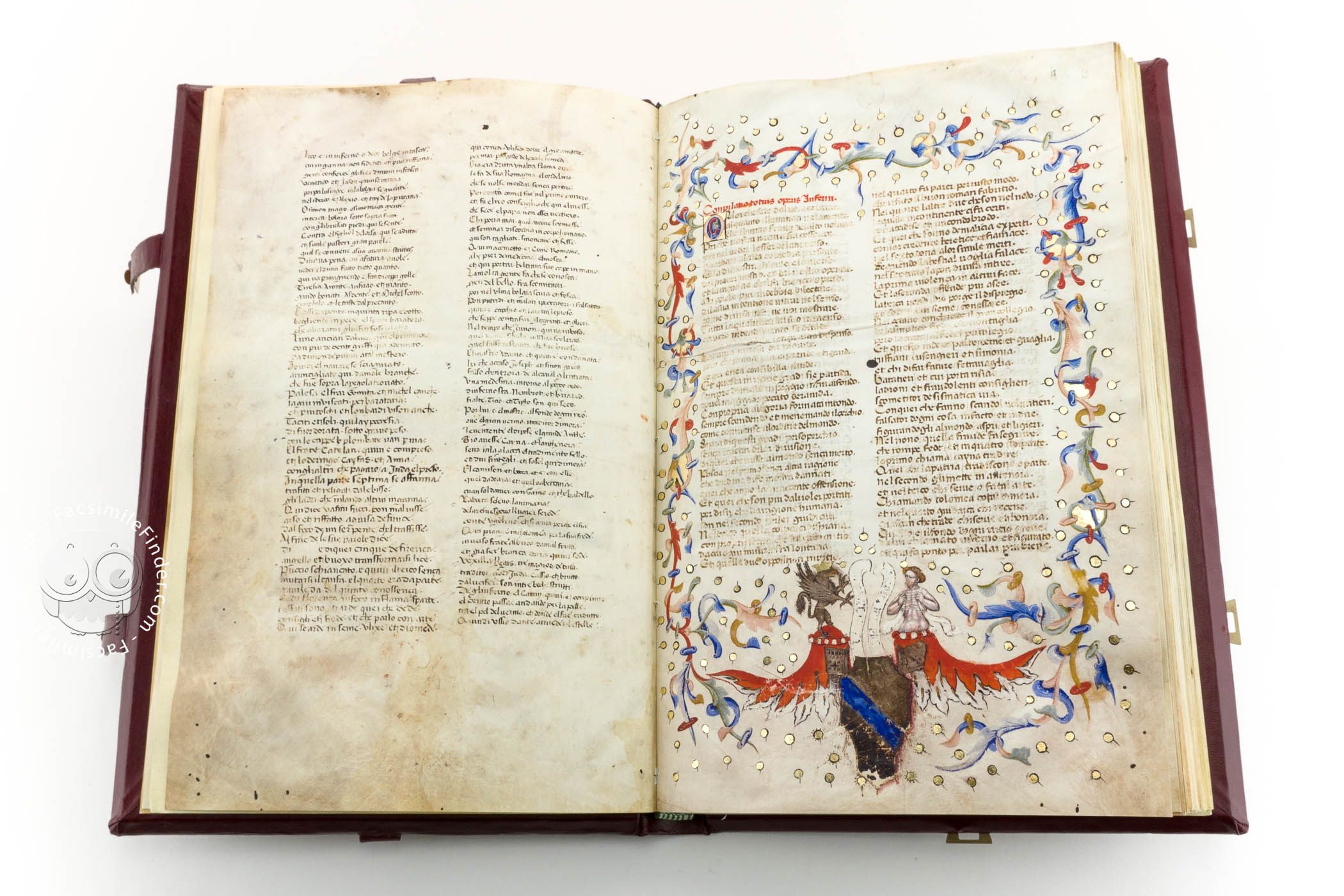
Divine Comedy Dante Gradenighiano Facsimile Edition
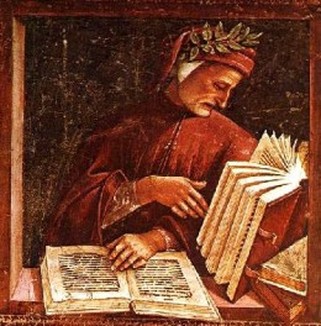
Dante S Divine Comedy Michael Faletra

Historical Context For The Divine Comedy By Dante The Core Curriculum
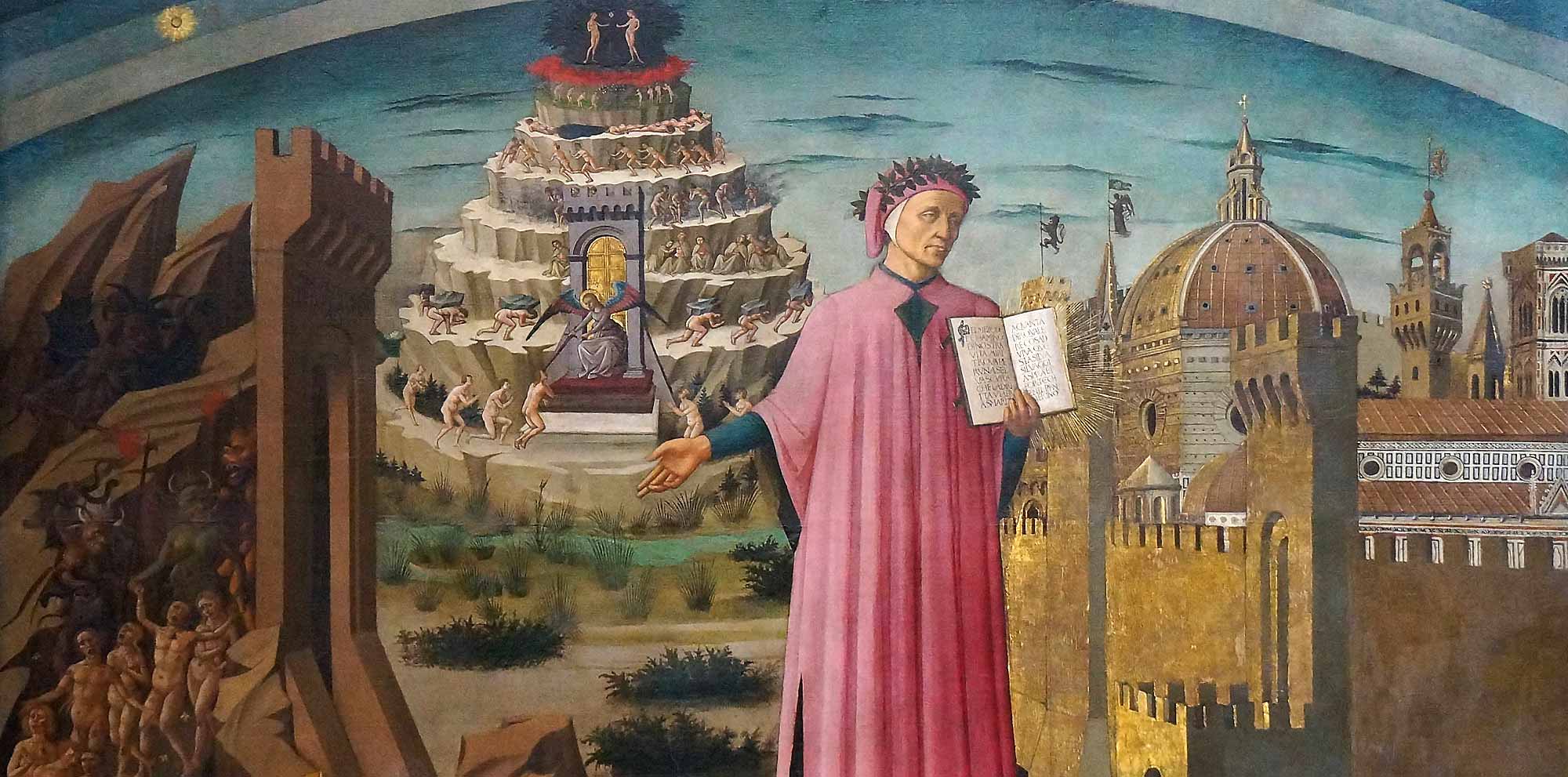
Dante S Divine Comedy And Its Influence On Art History Art Object

Introduction To The Medieval Imagination Dante Alighieri S Divine Comedy The Abigail Adams Institute

Summary Of The Divine Comedy Inferno Purgatorio Paradiso Essaypro

After 700 Years Women From Dante S Divine Comedy Are Finally Getting Their Due Through Wikipedia

The Divine Comedy Ebook By Dante Alighieri 9783965447912 Rakuten Kobo United States
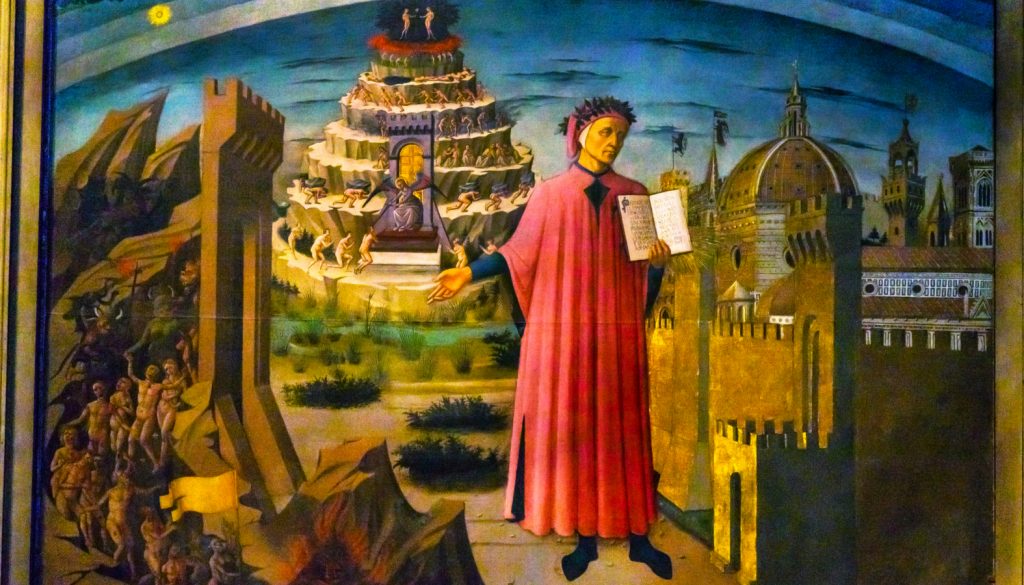
A 2020 Rereading Of The Divine Comedy Angelus News

Hollywood Adapt This Dante Alighieri S The Divine Comedy
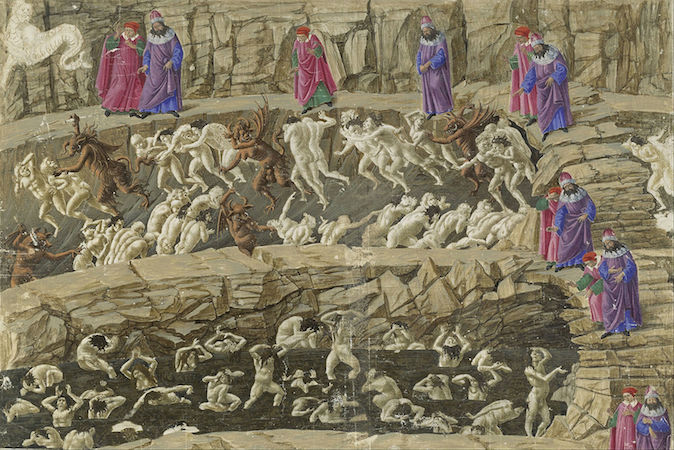
Dante S Divine Comedy In Late Medieval And Early Renaissance Art Article Khan Academy

Catholic Sculptor Re Creating Dante S Divine Comedy Aims To Shift The Emphasis Off Hell
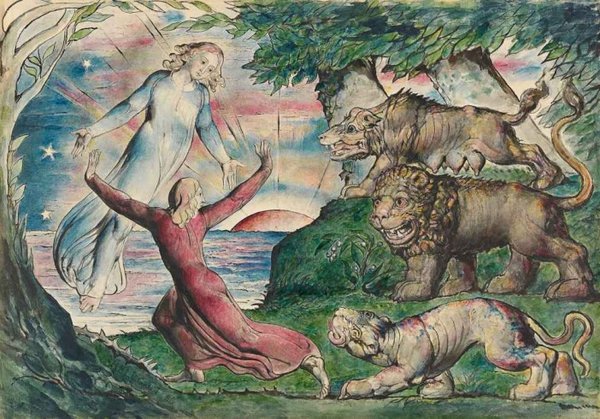
William Blake S Illustrations To Dante S Divine Comedy Look Closer Tate

Dante Books Poems Divine Comedy Biography
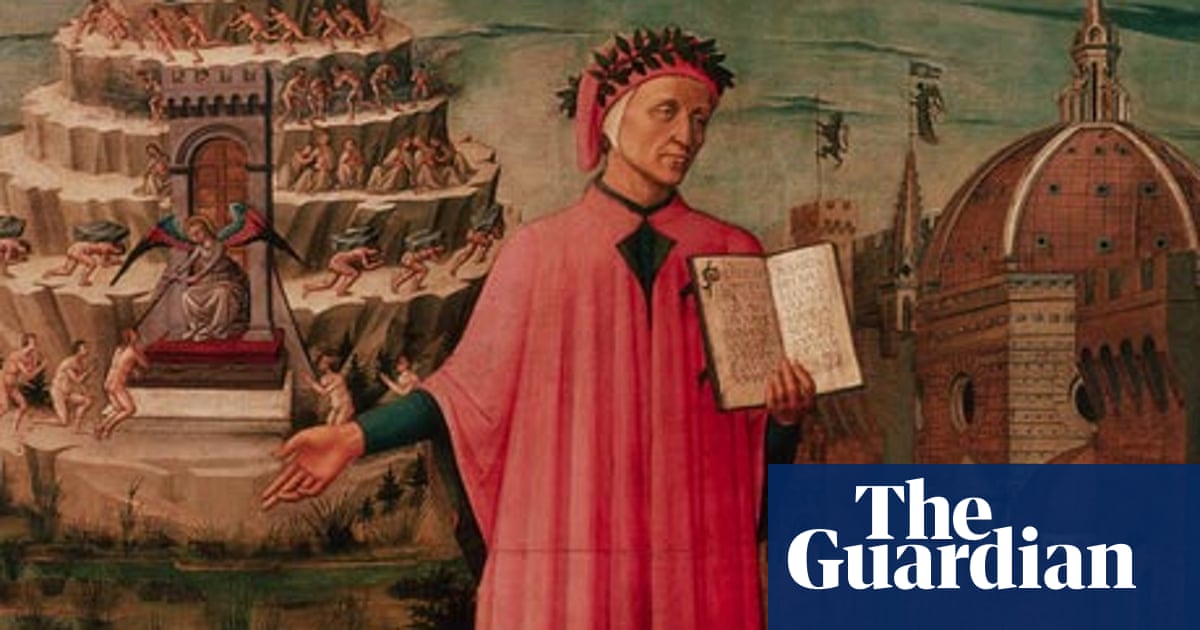
From Dante To Dan Brown How Artists Have Portrayed The Divine Comedy Painting The Guardian
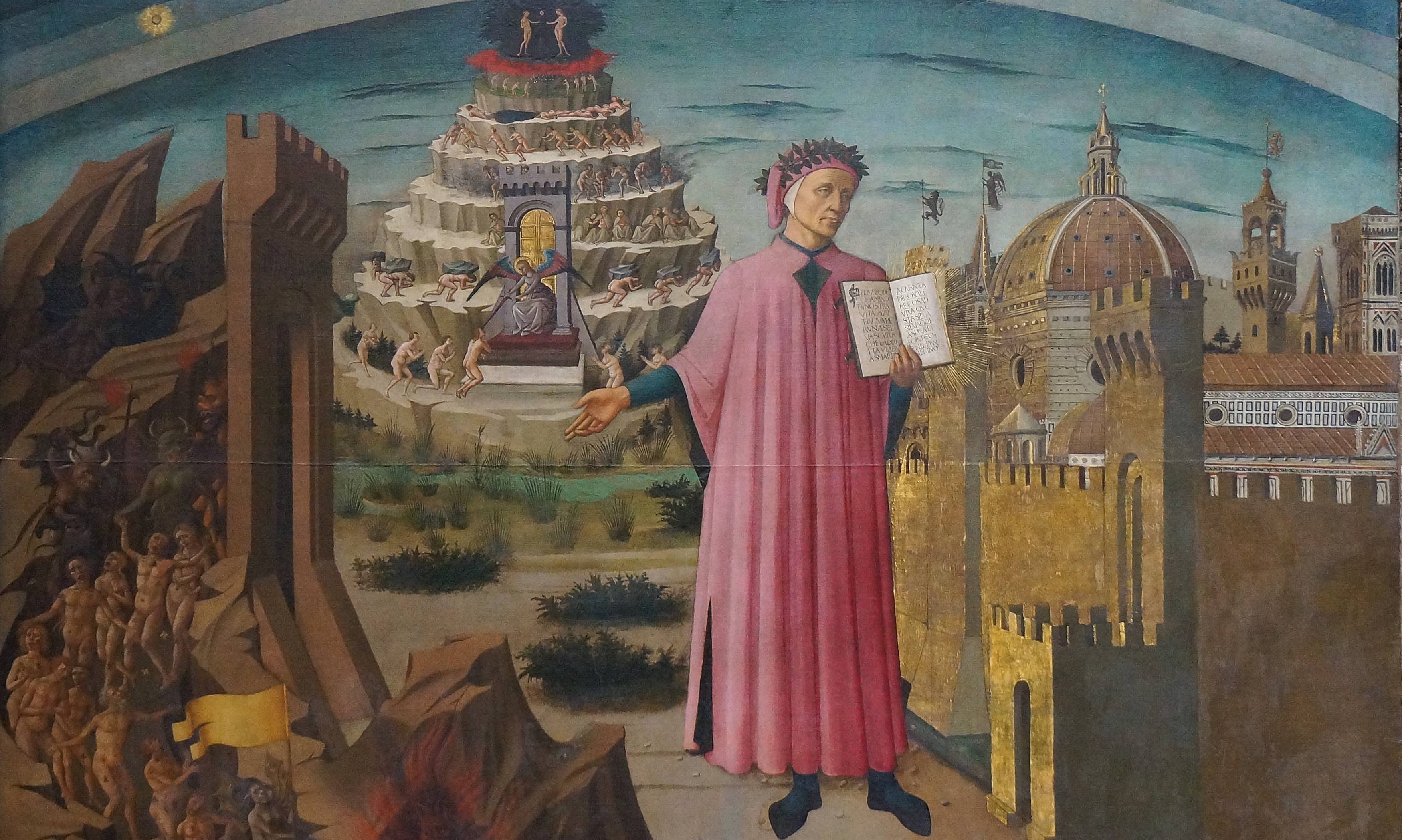
Dante S Divine Comedy In Late Medieval And Early Renaissance Art Smarthistory
